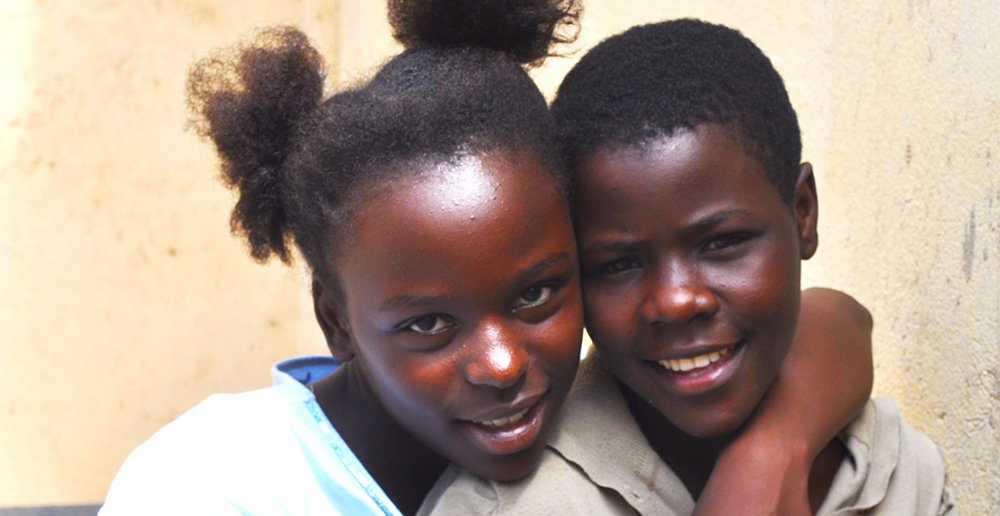
We know that children can be effective change agents in their communities when they are empowered to speak out about issues that affect them.
The Child Ambassadors Programme works with children to help them identify issues that affect them and teach them how to advocate on behalf of themselves and other children in their communities. We give the children five key goals that the training will achieve to help them keep other children safe:
- Knowing my rights as a child
- Learning skills that will equip me for life
- Sharing what I learn with other children
- Advocating for other children
- Becoming a leader in my community
How does this build capacity?
Helping children to identify issues and understand their rights is vital to ensure that they understand how they should be treated. Their advocacy projects following on from the training means that far more children and adults will hear the messages, and become more receptive to the goals of the network. In addition, training these children in these themes from a young age, means that as they grow older, they are far more likely to uphold these values down the line in their own employment and with their own children.
Methodology
There are different approaches but in some cases Child Ambassadors are chosen, ideally by being elected democratically, from projects run by network members who have committed to the programme and trained in children’s rights, child protection, life skills and community leadership. These elected children act as representatives from their organisation coming together as a parallel network both to receive training and development but also to take back the learning to their peers in their organisation . They also receive mentoring from leaders in member projects.
Child Ambassadors attend training days with 6 modules (that reflect the adult QIS curriculum):
- Relating to Others
- Leadership
- Child Protection
- Life Skills and Identity
- Serving my Community
- Managing Resources
The methods for carrying out the teaching vary depending on the network. Some networks have held training days in the school holidays, others hold annual weeklong ‘Super Camps’ involving training, Bible teaching and sports and craft activities.
What remains constant is that children are equipped with skills to enable them to take action to see transformation in their communities. Therefore, once they have completed their training, they organise events to promote understanding and awareness of children’s rights and to share messages about keeping children safe. Here are some of the activities carried out by child ambassadors:
- Child Ambassadors are trained in film and audio production and record advocacy messages about issues which concern them in their community through films, songs and drama
- ‘Safe Clubs’ established by the Child Ambassadors themselves in their communities and attended by local children, at which Child Ambassadors share what they have been learning, supported by project Mentors
- Prayer Days led by Child Ambassadors and Child Ambassadors setting up and leading prayer groups in their churches and projects
- Door-to-door advocacy by Child Ambassadors to talk about children’s rights with community members
- Working with projects to organise advocacy events in the community – including the good treatment campaign.
- Child Ambassadors elect representatives to form a committee which represents their interests to the Board and network Secretariat
Child Ambassadors training lesson resources and mentors training resources were developed by Viva’s partner network, CRANE in Kampala.
Find out more?
If you would like to find out more about Child Ambassadors please do contact us on (+44) 1865 811 660 or info@viva.org
